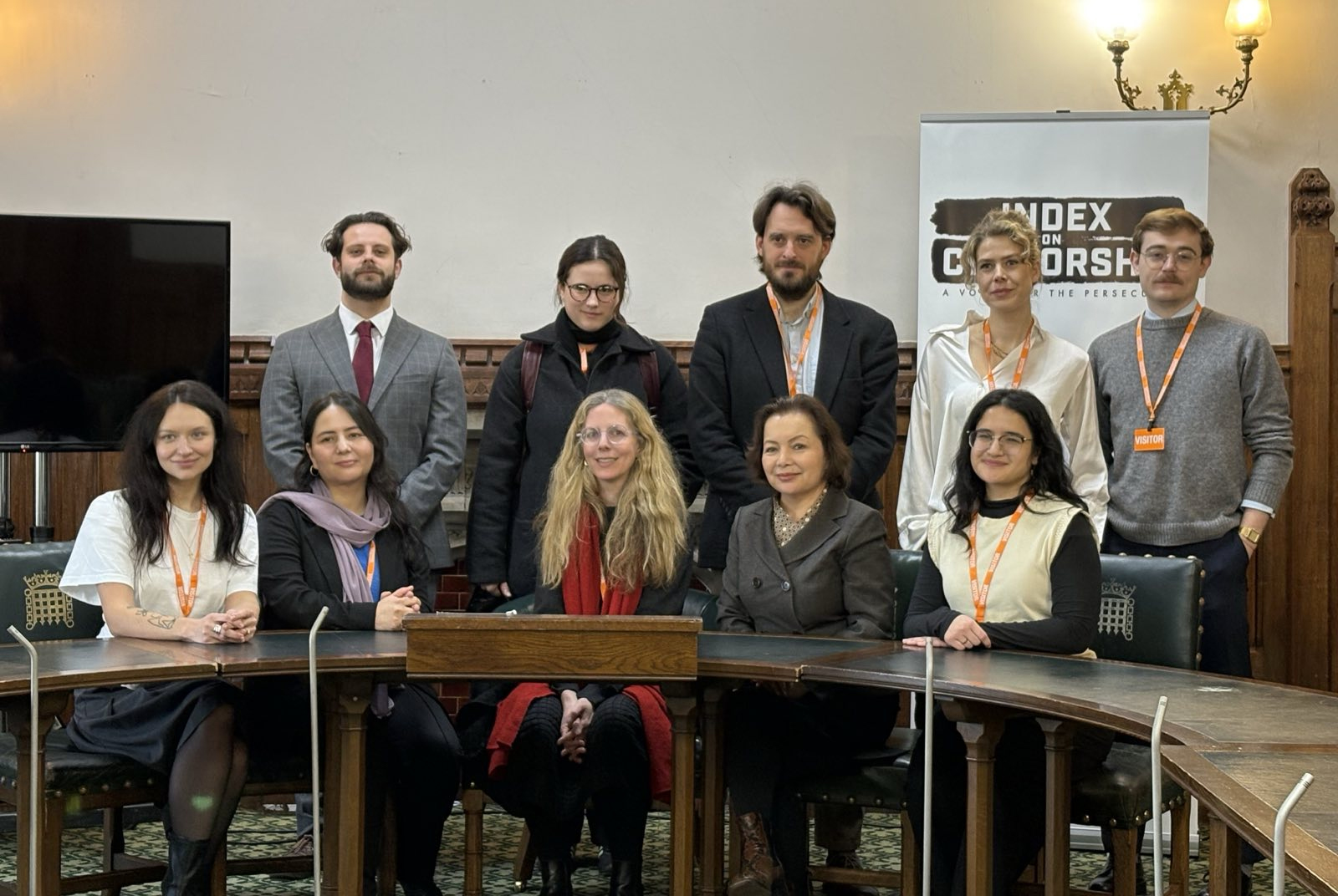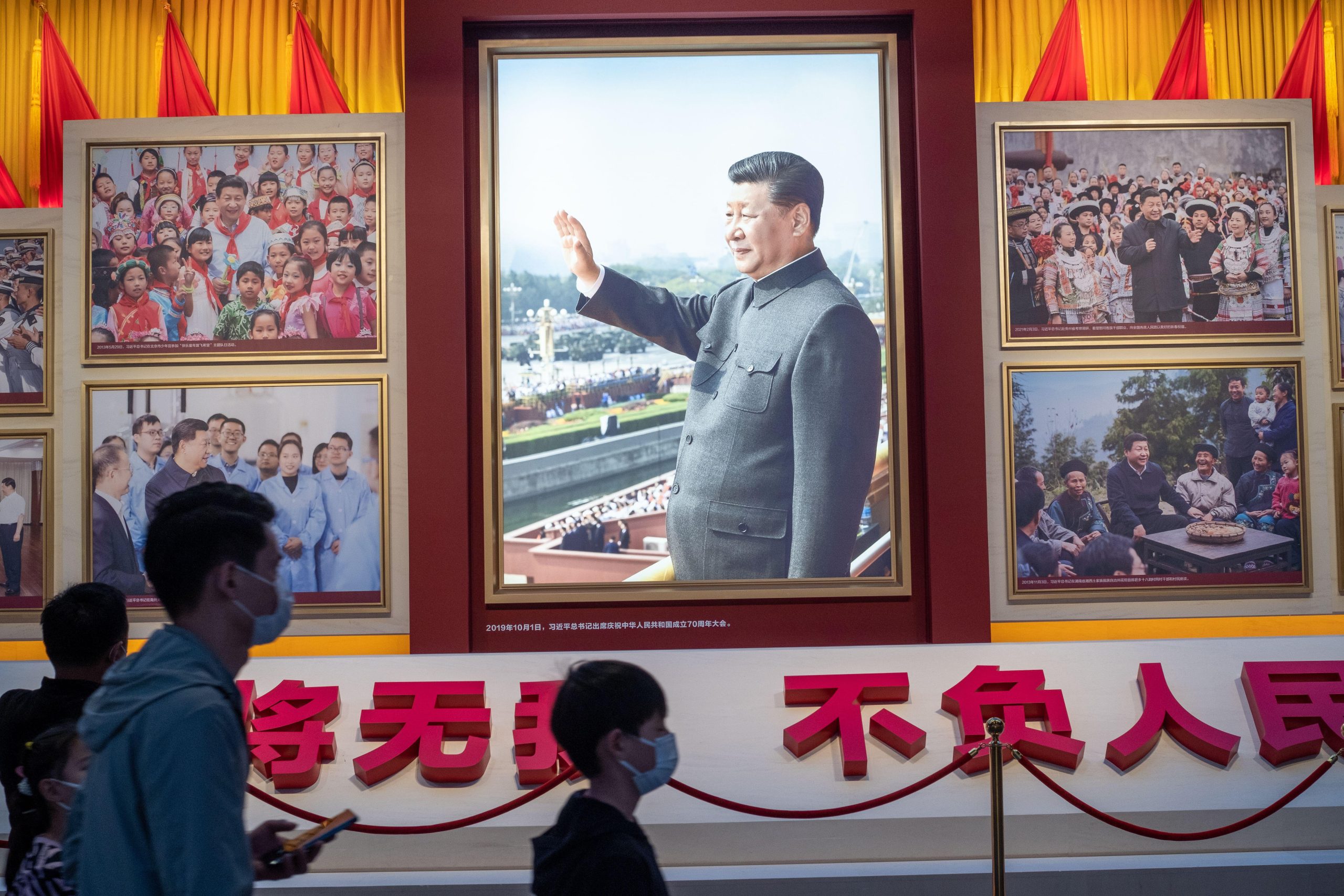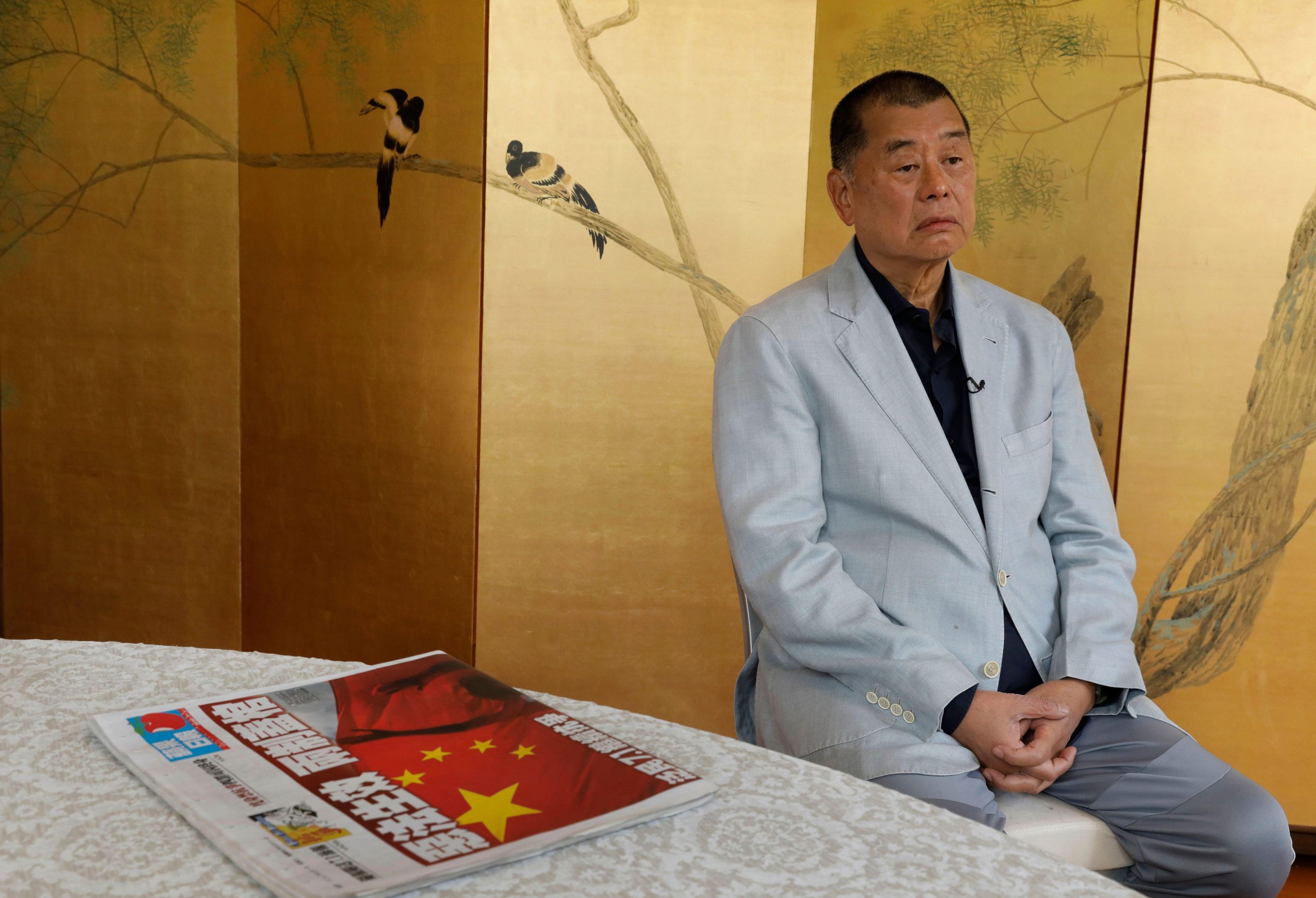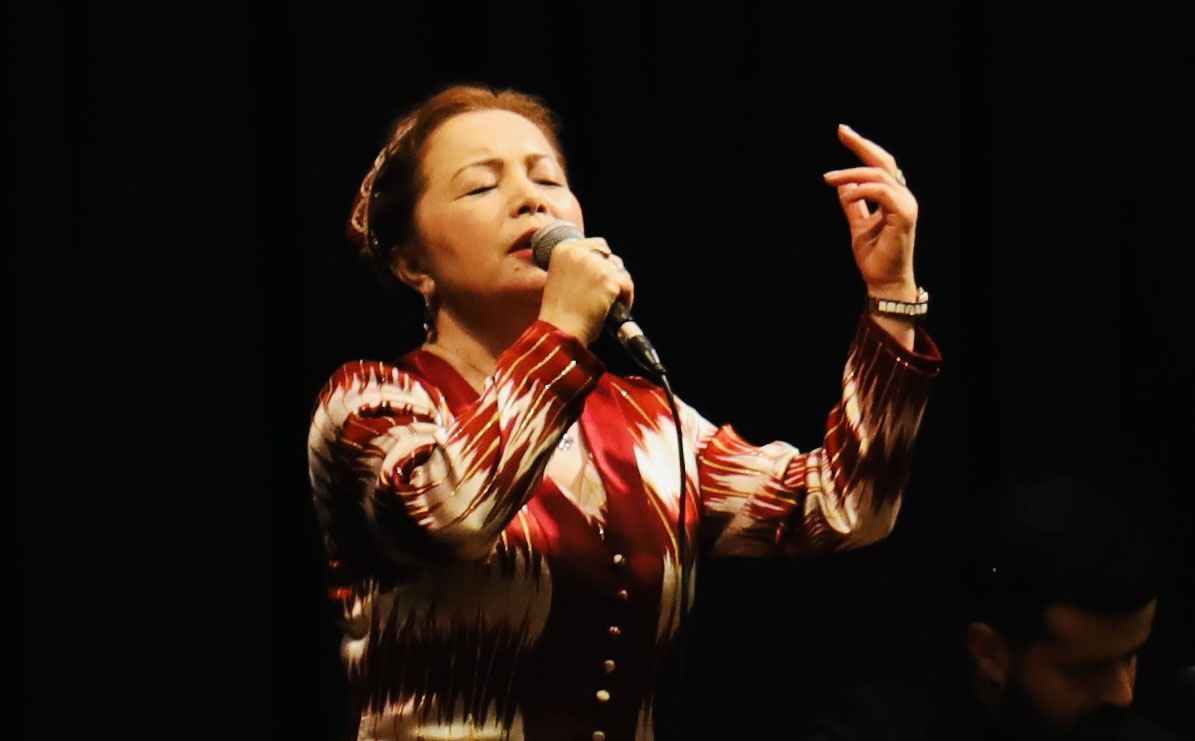After a week of protests and walkouts over a censored Near Year editorial, and rigorous calls for press freedom, journalists at China’s Southern Weekly have gone back to work. A normal edition of the paper was published last Thursday.
Outrage over the actions of Guangdong’s propaganda chief, Tuo Zhen, seemed to reach another climax when The Beijing News, an offshoot newspaper of Southern Weekly, refused to print an editorial taken from the nationalistic Global Times blaming the protests on “activists outside the media industry” instead of on the censorship apparatus.
Dai Zigeng, the editor-in-chief, was said to have nearly resigned over the editorial. However, the BBC reported this:
When the BBC visited The Beijing News offices, the chief editor’s office manager and several of the paper’s journalists issued assurances that Mr Dai was still at work. Reports that protesters were camping outside The Beijing News offices also appeared to be untrue.
The newspaper printed the directive as a news item the next day.
Maria Repnikova, an academic who writes on state-media relations at Oxford University, wrote in the Wall Street Journal that so far the Southern Weekly affair has not helped to make any waves in press freedoms here because
These journalists [at Southern Weekly] did not confront the Central Publicity Department or the Party-state in Beijing. After a few days of protest, when they quietly settled the dispute with local authorities, some netizens were outraged that they didn’t explain their decision to their supporters.
An editorial entitled Dim Hopes for a Free Press in China published on Monday in the New York Times and written by Xiao Shu, a commentator for Southern Weekly for six years, notes that ever since Tuo Zhen started overseeing the Guangdong party propaganda last May, he has “micromanaged every aspect of media operations.”
Xiao Shu went on to say that under Tuo “Guangdong retreated into its darkest period since the start of Deng Xiaoping’s ‘reform and opening up’ policies in the late 1970s.” Xiao was told to quit in March 2011, as authorities grew nervous of Arab-Spring inspired dissent.
It would seem that some of the most daring journalists in China have settled for a deal which, as Xiao Shu described, was “ending pre-publication censorship by the Communist Party’s propaganda arm in Guangdong Province and permitting greater editorial independence.” I asked Antony Tao, founder and blogger at Beijing Cream, a well-regarded China news blog, how credible these assertions were.
“It sounds good on paper, but I wouldn’t put much stock in ‘tacit’ agreements,” he said. “We should also keep in mind that in most Chinese newsrooms, to the best of my knowledge, editors and censors work in symbiosis to keep themselves out of trouble. No one wants to draw the ire of higher-ranking censors.”
According to Tao, a settlement was best for editors and journalists involved. As for what it means for media freedoms in China, Tao said:
“I don’t think the key players in this drama were ever as concerned about advocating for expanded media rights across China as China watchers perhaps wanted them to be.”





